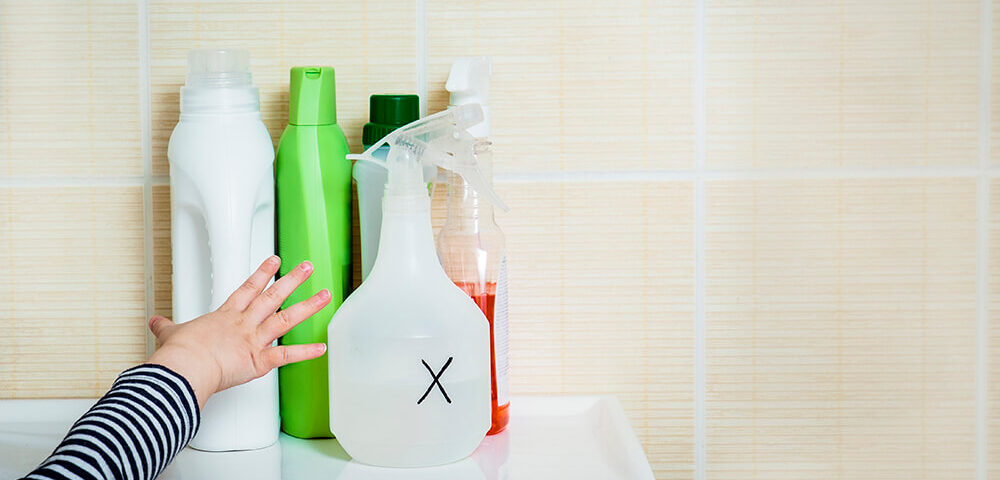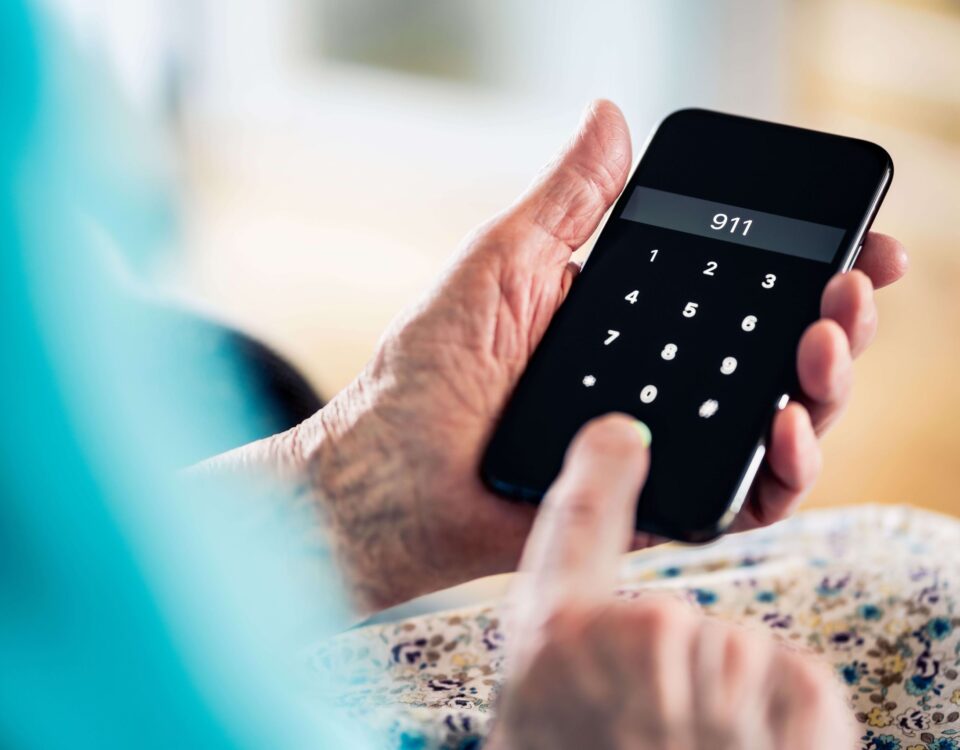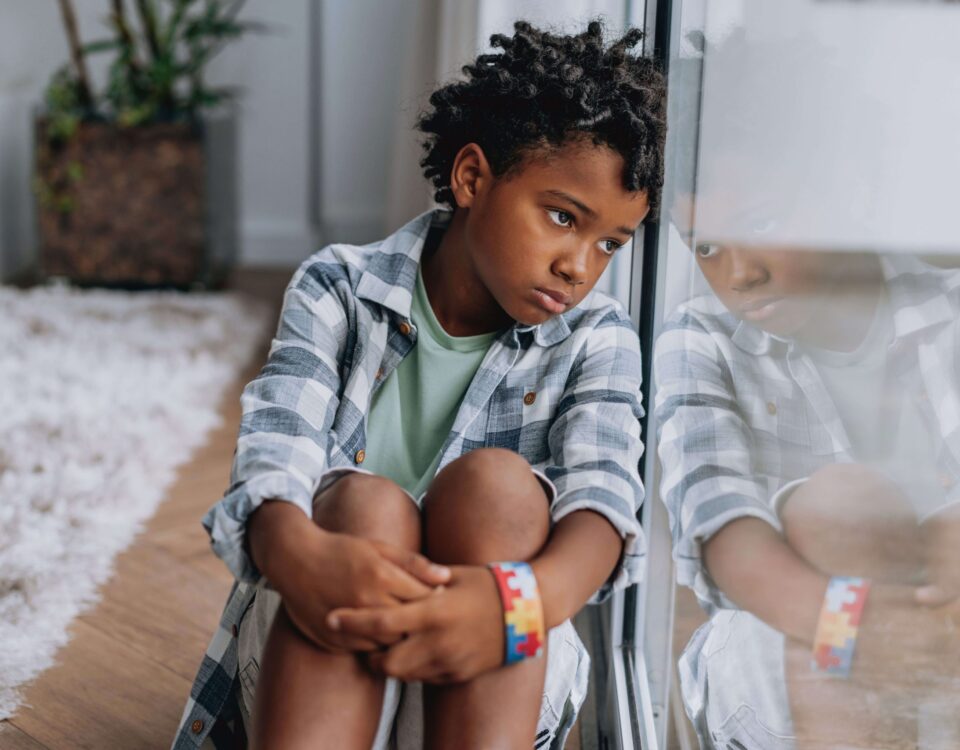- Have any questions?
- 412-123-4567
- noreply@upmc.com
How to Help During a Poison Emergency

How to Help During a Poison Emergency
One poison exposure is reported every 15 seconds in the United States. In fact, unintentional poisoning is the leading cause of injury death among all age groups, passing up motor vehicle fatalities.
During a poison emergency, every second matters. It is important to understand what poisons are and to know what to do in a poison emergency because you may help save a life.
What is Poison?
A poison is any substance that can cause an illness, injury, or death whether inhaled, swallowed, or absorbed through the skin. Some unintentional poison emergencies are related to illegal drug use (often referred to as a drug overdose), however, poison deaths also occur from everyday household items like cleaning products and over-the counter medicines.
Types of Poison Emergencies
Poison emergencies can happen at any time and to anyone. Here are some of the most common poison emergencies:
- Carbon monoxide: The most common cause of non-drug related poisoning death, especially among males and people over age 65.
- Accidental poison exposure in children: Can result in a serious illness or death from even a small amount ingested.
- Opioids and illicit drug use: Over half of adult poisoning deaths result from opioid overdoses in the United States.
- Household products: Pesticides, topical and personal care products, and cleaning agents are among the most common substances responsible for poison exposure in both children and adults.
How You Can Help During a Poison Emergency
If you suspect someone has been exposed to poison, like a chemical or gas, or has been poisoned, here is what you need to do to potentially help save a life
1. Remain calm. If the person is awake and alert, call the Pittsburgh Poison Center hotline at 1-800-222-1222, 24/7/365.
2. Before you seek help from the Pittsburgh Poison Center, there are a few quick first aid measures you can take:
- Swallowed poison: Remove any residual solid or liquid from the mouth. Do NOT attempt to induce vomiting.
- Poison in the eye: Rinse the contaminated eye immediately. Delay in rinsing an eye can result in loss of eyesight. Remove contact lenses and continue to rinse the eye for 15 to 20 minutes.
- Poison on the skin: Rinse the skin immediately and remove any contaminated clothing.
- Inhaled poison: Get to fresh air as soon as possible and stay away from toxic fumes and gases.
3. If the person has collapsed or is not awake or breathing, call 911. Be ready to tell the operator:
- The person's approximate weight and age.
- The time of poison exposure or consumption.
- The type of poison (save the container, if possible).
- The address of the poisoning location.
4. Stay with the person and on the phone with 911 as the operator helps guide you on what to do until help arrives.
Preventing Poison Emergencies in Your Home
There are many things you can do to protect yourself and your family and help prevent poison emergencies in your home.
- Keep toxic or dangerous products in a designated area: Lock medicines and cleaning supplies or chemicals in out-of-reach areas or child-proof cabinets.
- Only take medication as recommended and prescribed by your doctor: Do not take larger or more frequent doses of medicine and only take medicines prescribed to you. Never sell or share your prescription drugs.
- Double-check labels: Before taking medicine or giving medicine, especially to children, check the label for directions and warnings to ensure it is safe and the medicine has not expired.
- Safely discard medications: Dispose of any unneeded or expired prescription drugs safely by mixing them with coffee grounds or kitty litter and throwing them away in the garbage. Also check the CDC's website for drug take-back programs in your community.
- Safely store and use household products: Keep chemical products in their original bottles with labels. Never mix household products together. Wear protective clothing, such as long sleeves and rubber gloves if you work with pesticides or chemicals.
- Use Mr. Yuk™ stickers: Teach your children to avoid any product in the house with a Mr. Yuk™ label. To get a free sheet of Mr. Yuk™ stickers, visit the Pittsburgh Poison Center website.
- Know the hotline: Add the national Poison Control Center number (1-800-222-1222) as a contact in your phone and post it in a prominent place at home, like your refrigerator. Text POISON to 797979 to add the poison center number to your contacts.
- Call 911: Remember to call 911 right away if the person is not breathing. If you suspect opioid overdose, it's important to have naloxone on hand to restore breathing. For other instances, learning how to perform chest compressions could increase the person's chance of survival because attempted life-saving intervention is better than no intervention.
About the Pittsburgh Poison Center
The Pittsburgh Poison Center is staffed 24/7/365 by registered nurses and pharmacists who are specially trained to provide poison exposure information, determine urgency, and make treatment recommendations. When additional consultation is required, staff work with attending physicians and fellows affiliated with the UPMC Toxicology Program, the region's only recognized Center for Poison Treatment.
The Pittsburgh Poison Center responds to more than 80,000 requests for poison information every year, including pet poison exposures.
For more information about poison emergencies, visit the Pittsburgh Poison Center.
For emergencies, call the free 24-hour help line at 1-800-222-1222 or dial 9-1-1.



